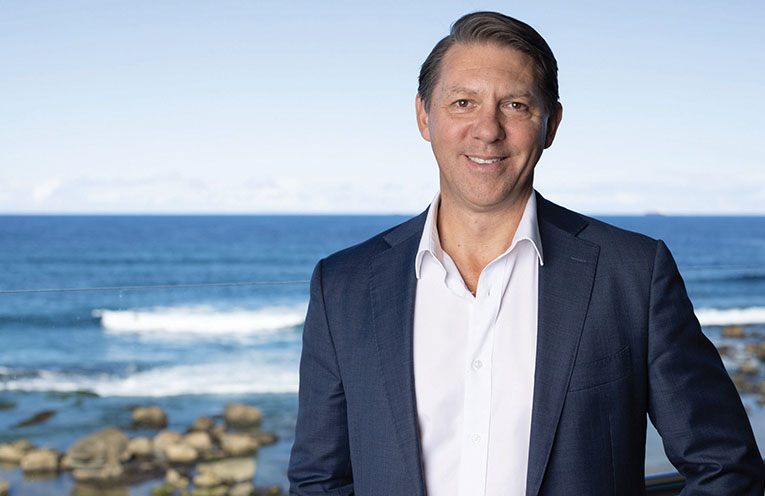
EDF Renewables Australia have announced a significant collaboration with Australian Unions aimed at ensuring jobs are kept local as offshore wind projects are developed in Australia.
EDF recently applied for a feasibility licence for their Newcastle Offshore Wind project within the Hunter offshore wind zone declared earlier this year.
“A capable, strong and most importantly a local workforce is going to be critical for the success of the Newcastle Offshore Wind Project and EDF Renewables Australia acknowledge this from the get-go,” EDF CEO Dave Johnson said.
The Electrical Trades Union (ETU) and the Construction, Forestry, Maritime, Mining and Energy Union (CFMMEU), including both the Maritime Union of Australia (MUA) and the Construction Division, have signed a letter of collaboration with the global renewable energy company.
The letter outlines the shared commitment to working together to ensure that local workers are equipped with the skills and opportunities to participate in the construction and continuous operation of the proposed offshore wind farm within the Hunter declared zone.
EDF Renewables Australia plans to develop a floating offshore wind farm situated off the coast of Newcastle, close to the Port of Newcastle and existing transmission networks.
Once granted approval, the Project is likely to generate a substantial number of jobs throughout the approximately 35-year construction and operational phases, encompassing equipment manufacturing, construction, installation trades, and service providers.
The combined strength of these Unions represents nearly 200,000 workers across various industries, including electrical and communications, power, manufacturing, diving, ferries, towage, offshore oil and gas, port services, shipping, stevedoring, and construction.
Their primary objective is to secure safe and sustainable employment opportunities for their members as Australia’s energy sector transitions toward renewables.
Mr Johnson emphasised the importance of consulting with the future workforce of the region, many of whom are looking for job security as the Hunter transitions away from coal production.
“Offshore wind projects demand specialised technical skills, so we must begin preparations now to integrate local workers into our team once the project receives the green light.”
EDF Renewables is one of several proponents seeking approval for the construction and operation of an offshore wind farm with the declared zone.
Following the issuance of a feasibility licence, proponents are required to undergo a rigorous assessment process, including the development of management plans, environmental and ecological studies, community consultation, and obtaining the necessary licences for wind farm operation.
The approval process could extend up to seven years before construction commences.
Mr Johnson highlighted EDF Renewables’ successful track record with offshore wind projects in France and Scotland, underscoring the importance of having a skilled local workforce committed to the same safety standards.
“The approval process may seem lengthy on paper, but time flies and preparation is critical when standing up a workforce of this magnitude,” he said.
“The Unions understand their members well, and we were eager to gain their support in developing the specialised skills needed locally.”
Glen Williams is the Newcastle Branch Secretary of the Maritime Union of Australia (a Division of the CFMMEU) and a national Vice-President of the MUA.
“It is so important to the local workforce and community that companies like EDF are willing to make commitments to work with unions and the existing workforce for their project,” Mr Williams said.
“It gives maritime workers in the Port of Newcastle and skilled seafarers and oil and gas workers all over the country the confidence they need that the energy transition will deliver quality employment.
“It gives them the confidence to talk to their neighbours and their football clubs and fishing clubs to address any concerns they have about what this exciting new technology means for them.”
EDF Renewables submitted their feasibility licence application to the Offshore Infrastructure Registrar (OIR) on 14 November 2023 and anticipates a response to their application in the middle of 2024.
Mr Johnson said that this is when more detailed work will commence, including comprehensive workforce planning.
